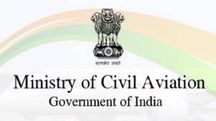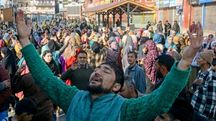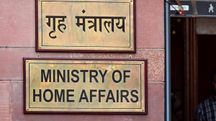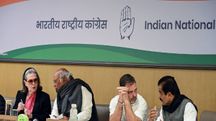EWS Quota: Supreme Court upholds 10 per cent reservations for economically weaker sections in 3:2 split verdict
In a case contesting the constitutionality of the 103rd Constitutional Amendment, which grants EWS individuals a 10 per cent quota for admissions and employment, the Supreme Court issued its ruling in a historic decision taken today on November 7.
 Supreme Court of India
Supreme Court of IndiaThe Supreme Court on Monday upheld the 10 percent quota for economically weaker sections (EWS) in public jobs and public and private education institutes in 3:2 split verdict.
In a case contesting the constitutionality of the 103rd Constitutional Amendment, which grants EWS individuals a 10 per cent quota for admissions and employment, the Supreme Court issued its ruling in a historic decision taken today on November 7.
The decision in this case was made by a five-judge Constitution bench, led by Chief Justice Uday Umesh Lalit.
The EWS amendment was invalidated by Justice Ravindra Bhat and CJI UU Lalit and the EWS amendment was affirmed by Justices Dinesh Maheshwari, Bela Trivedi, and JB Pardiwala.
The 103rd amendment to the Constitution was affirmed by the majority bench. However, the majority opinion supporting the EWS reservation was opposed by CJI Lalit.
According to the CJI, the 10 per cent quota for EWS is unconstitutional as he said, ''I agree with the position Justice Bhat took. The decision is 3:2''.
After hearing from a number of experienced attorneys during the marathon hearing that lasted six and a half days, the Supreme Court had deferred its decision on September 27 regarding the legal question of whether the EWS quota violated the fundamental principles of the Constitution.
Up to 40 petitions were examined by the highest court, and the majority of them, including the main one brought by "Janhit Abhiyan" in 2019, disputed the legality of the Constitution Amendment (103rd) Act 2019.
The Centre established the provision for EWS reservation in admissions and public services through the 103rd Constitutional Amendment Act, 2019, which was passed.
The bill was approved by the Lok Sabha and the Rajya Sabha on January 8 and January 9, 2019, respectively, and President Ram Nath Kovind then signed it.
The present 50 per cent reservation for SCs, STs, and other backward classes is in addition to the EWS quota (OBCs).
Copyright©2026 Living Media India Limited. For reprint rights: Syndications Today









